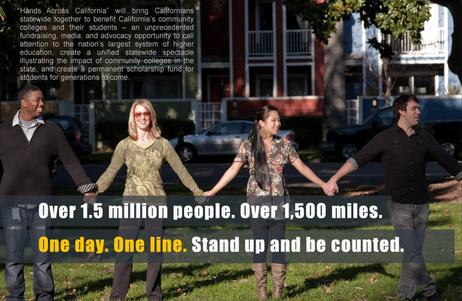Two years ago, with a morbidly slumping economy and unemployment rates rising to the highest levels in decades, President Obama turned to community colleges as a means of bringing our country back to a state of robust economic health. According to a Washington Post report, Obama told the country that being unemployed is "no longer just a time to look for a new job." Instead, it's time to "prepare yourself for a better job."
To make it easier for displaced workers to get the training they needed to find employment once again, President Obama developed a plan that would allow unemployed workers to continue to receive unemployment benefits, as well as Pell Grants, to head back to school for retraining. Obama said, "I have asked every American to commit to at least one year of higher education. Every American will need more than a high school education."
Community Colleges Put it in Gear
To achieve Obama's end, community colleges across the country started kicking it into high gear, networking with employers in their area to provide job-specific training that would get the people in their communities back to work once again. However, it wasn't long before the economic crunch took its toll on higher education as well, and community colleges were forced to tighten their belts along with the rest of the country. With many budget cuts to grapple with, class sizes grew bigger and waitlists got longer. Still,





















